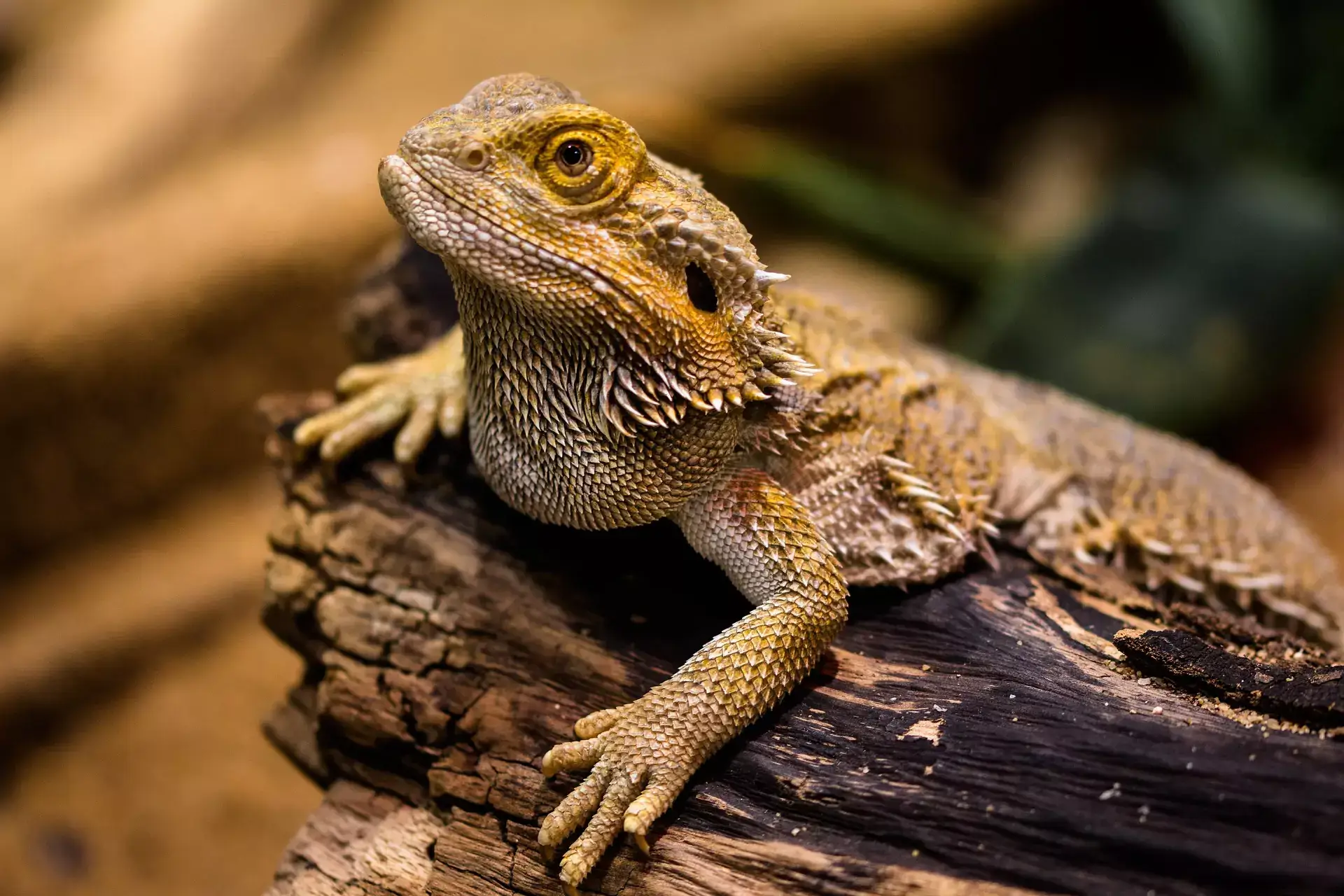Ferrets can be incredibly entertaining companions. If you’re interested in a pet that’s not only incredibly adorable, but also full of energy, mischief, and charisma, a ferret might just be a great fit for you. Adorable and personable, these are incredibly mischievous little creatures that will constantly keep you on your toes. In this article, a local Las Vegas, NV vet goes over things you should think about before getting a ferret.
They Are Very Good At Escaping
Ferrets are well-known for their ability to get out from almost any enclosure. They have the ability to escape through incredibly small openings … even shower drains! They can also fit into tight spaces under beds and couches.
They Need Daily Free Time In A Petproofed Environment
Your small companions will need a fun, spacious, and cozy cage. However, they can’t spend all their time cooped up. In fact, they’ll become quite unhappy if they don’t get enough playtime. Plan to give your pet several hours of free time each day.
Of course, before you let the little guys out, you’ll need to do some ferretproofing. Just like with cats and dogs, it’s important to keep any potential choking, strangling, or poisoning hazards out of paws’ reach. Here are a few things you’ll need to address:
- Small or sharp items
- Toxic plants. These include aloe vera, amaryllis, azalea, baby’s breath, begonia, carnation, castor bean, chrysanthemum, cyclamen, daffodil, gladiola, hosta, ivy, all lily species, milkweed, morning glory, oleander, poinsettia, pothos, sago palm, tomato plants, tulips, narcissus, rhododendron, and yew.
- Soap and shampoo products
- Chemicals
- Common household products like cleaning agents and pesticides
- Medication: Both prescription and OTC drugs
- Plastic bags and ties
- Unsafe Foods
- Anything made of rubber
- Personal items
- Mobile devices
- Keys
Here’s a tip: crouch down and Look at things from your pet’s perspective. Ferrets have a knack for finding their way into or under furniture like futons, recliners, and couches. This can help you spot potential danger zones.
Another thing to keep in mind? Ferrets can be quite mischievous, often running off with objects and stashing them away for later. (More on that later.)
Be sure to ask your Las Vegas, NV vet for specific advice.
They Have Sticky Paws
Ferrets are notorious for their knack for, well, theft. This can be both incredibly entertaining and incredibly exasperating. Your adorable will probably grab anything they can. Take time to find your furry pal’s preferred hiding spots. If something goes missing, that’s the first place you should check.
They Do Nip
Occasionally, ferrets may bite. This isn’t necessarily an indication of hostility; ferret kits often playfully bite each other. However, they have dense fur that protects them from their boisterous housemates. Our skin, on the other hand, is pretty defenseless against those little teeth. If you have small kids, you might want to think about this.
Ferrets Do Have Grooming Needs
Ferrets generally do not require regular baths. (They also have vastly differing opinions about the allure of playing in water.) If you do bathe your ferret, use a gentle soap, one that is specifically made for ferrets. You could also try using baby shampoo.
If you do bathe your ferret, you should only do so every few months.. It’s worth mentioning that some people believe that giving ferrets baths can help minimize their musky odor. That’s actually not true. Overbathing can potentially dry out your ferret’s skin, and may even make the smell worse. Your pet’s skin will produce extra oil to atone for the dryness. This can also cause other issues, such as irritation.
Whether you bathe your pet or not, it is important to remember that they will still require regular nail trims and ear cleaning. Feel free to consult your veterinarian for further details.
They Have Unique Nutritional Needs
Ferrets require a specialized diet to meet their unique nutritional requirements. These animals are obligate carnivores, meaning they exclusively consume meat. That implies their diet should be meat-based, and must include significant amounts of protein and fat, while being low in fiber and carbs. It is important to find the right food for your ferret. As a general guideline, the protein content should be around 40 percent, with a minimum fat content of 20 percent. Keep carb and fiber intake below five percent.
Just like any other pet, it’s important to be aware of what can be harmful to your furry friend. Here are some of the items on the list: sweets, dairy products, raisins, fruits and vegetables, chocolate, and xylitol.
A few things to consider:
- Your furry friend might just develop a taste for duck soup. Contrary to its name, this dish doesn’t necessarily have to include duck. Look online for recipes.
- Finding your pet’s food may not be as simple as picking it up at your local grocery or convenience store, as you could for a cat or dog.
- Ferrets can become fixated on a particular food and may even disregard other options. This might seem adorable, but it’s actually quite risky. If your ferret’s fave is discontinued, it could be quite challenging to convince your furry friend to try a different option.
Consult your veterinarian for personalized guidance, including recommendations on appropriate portion sizes, suitable treats, and a list of foods to avoid.
Can A Ferret Be Trained To Use A Litterbox?
Yes! This is definitely a huge plus for many. However, there is no guarantee for this. Starting at a young age is highly recommended.
What Are The Common Illnesses That Affect Ferrets?
Ferrets are prone to various medical conditions that can arise. Here are some of the most common ones:
- Flu
- Distemper
- Mycoplasmosis
- Parasites
- Adrenal disease
- Ear mites
- Heartworm disease
- Lymphoma
- Mouth sores
- Rabies
- Adrenal gland disease
It’s extremely important to remain vigilant for any early signs of disease. In addition, it is important to regularly take your beloved pet to the veterinarian for screenings.
You Can Find Adoptable Ferrets
It may be easier than you think to find adoptable ferrets. There are a few things to keep in mind here, though.
- Ferrets are cute and fun at any age. When deciding between a kit and an adult, much of this is personal preference. However, if you have limited experience with pets, you may find it easier to adopt an older ferret.
- Ferrets younger than approximately two months should remain with their mothers.
- Like other pets, ferrets are typically most active and playful during their first one or two years of life. Adopting a kit is fun, but it’s also quite a bit of work. Prepare to dedicate a significant amount of effort and time to caring for a young ferret.
- If you’re considering adding a ferret to your family, it’s worth checking if there are any ferrets available for adoption at a nearby animal shelter or rescue group. Chances are, you’ll find a really cute one!
- Ferrets do best with buddies. If you get kits, consider getting littermates. Or, look for a bonded pair.
Make An Appointment At Our Las Vegas, NV Animal Hospital
Do you need to make an appointment for your ferret? Do you have questions about caring for a pet ferret? Contact us, at your local Las Vegas, NV pet hospital, anytime!






!Social Media Icons